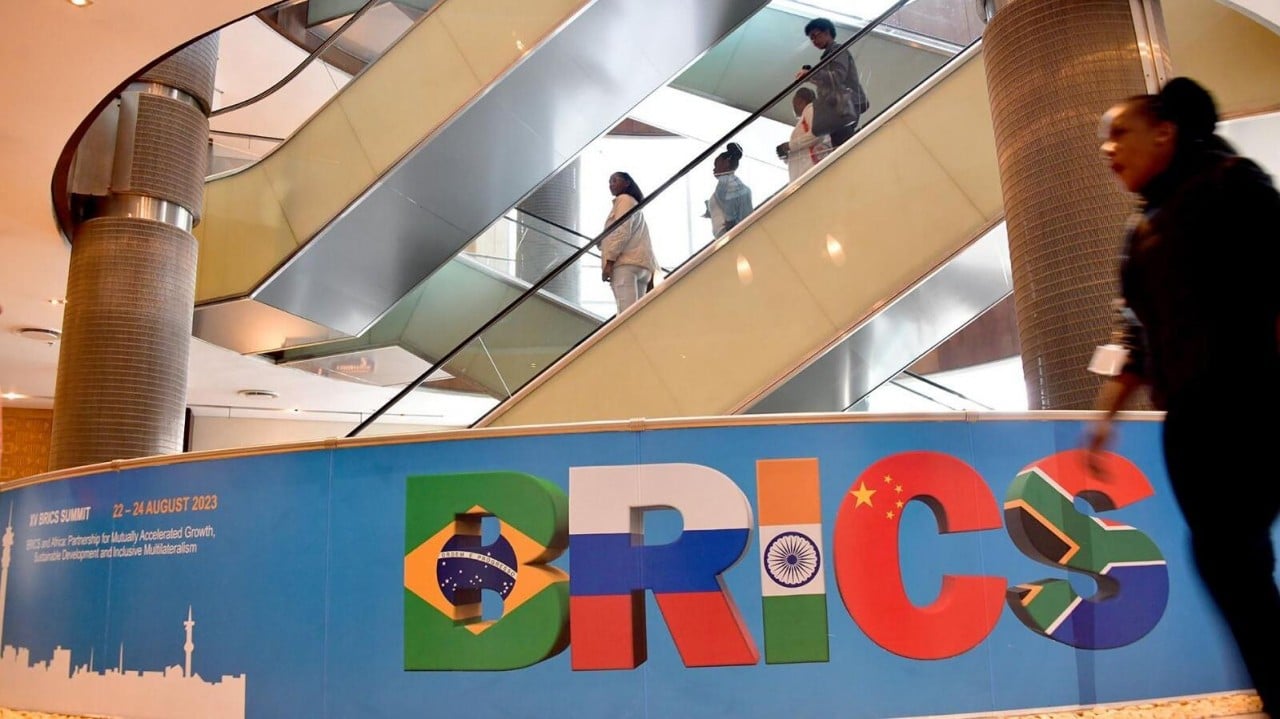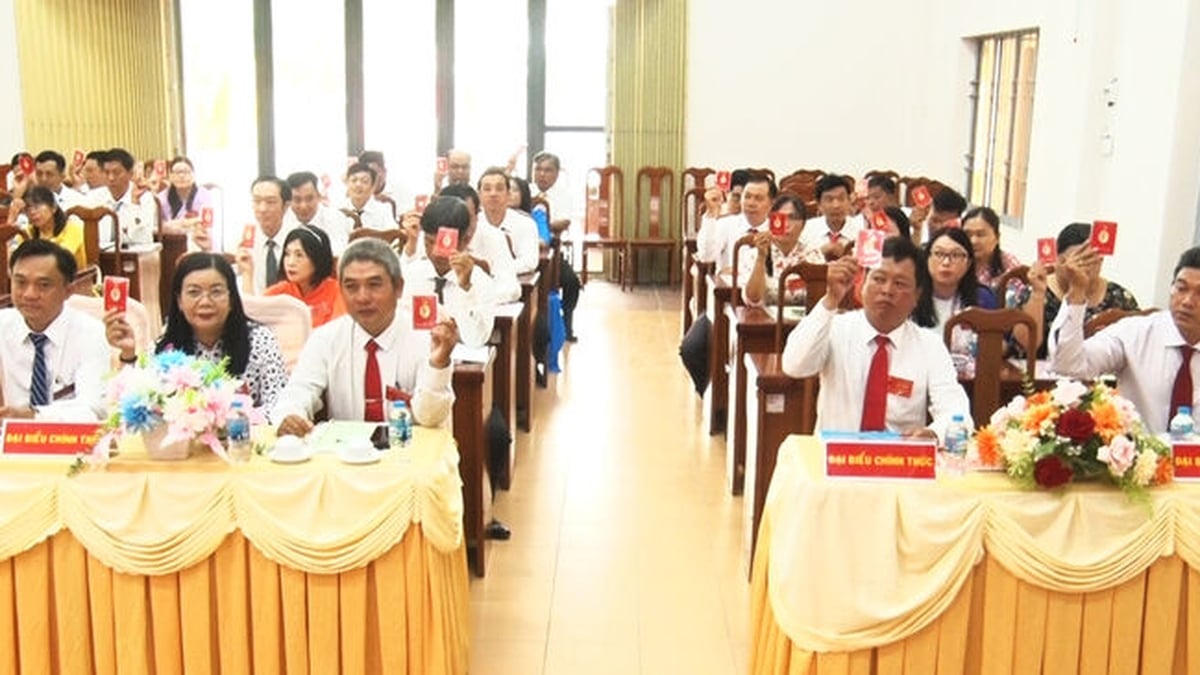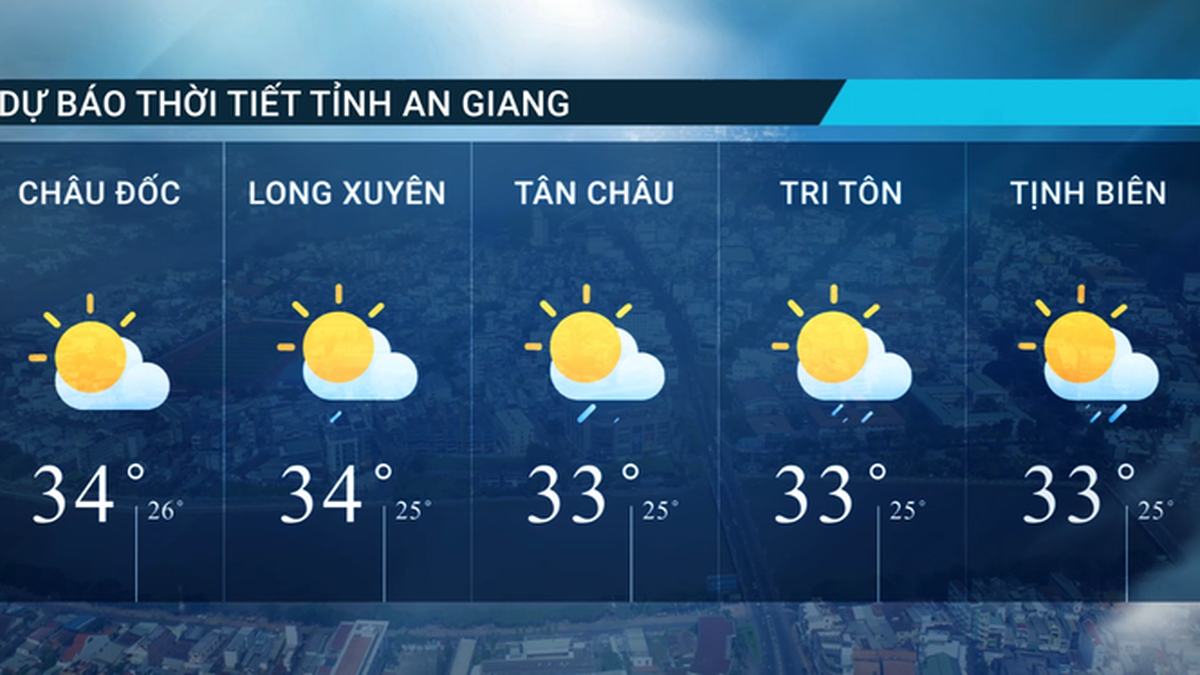Russia extends high tariffs on luxury goods from unfriendly countries, China says the US is “wrong”, BRICS is about to have two more partner countries, Indonesia is ready to establish a gold bullion bank… are the outstanding world economic news of the past week.
 |
| Russian Deputy Foreign Minister Sergey Ryabkov said that Cuba and Bolivia will join the BRICS group as partners from January 1, 2025. (Source: GCIS) |
World economy
Economic consequences of environmental pollution
The Naitonal News of the United Arab Emirates (UAE) on December 18 quoted a recently published report by the Intergovernmental Science-Policy Platform on Biodiversity and Ecosystem Services (IPBES) saying that environmental pollution will cost the world economy up to 25,000 billion USD per year in the coming decades and threaten the health of billions of people, unless governments address the impact of environmental pollution on biodiversity and food production.
IPBES describes it as “the most ambitious scientific assessment ever undertaken” of the links between factors that have a major impact on global living standards, including biodiversity, water, food, health and climate change. The report’s authors say these five issues are crucial to achieving the sustainable development goals, while warning that tackling the challenges in isolation will make the global picture worse.
According to the IPBES report, global biodiversity has declined by 2-6% per decade over the past 30-50 years. The report added that 50% of the global population now lives in areas with the greatest decline in biodiversity, water resources and food security. These are the areas most affected by climate change.
The report found that $58 trillion – more than half of global gross domestic product (GDP) – would have been generated in 2023 in sectors that rely significantly or largely on nature. The report’s authors estimate that global GDP will fall by $10 trillion to $25 trillion per year due to the negative impacts of fossil fuels, agriculture and fisheries on biodiversity, climate change, water and health.
US economy
* On December 18, after a two-day policy meeting, the US Federal Reserve (Fed) decided to cut interest rates for the third consecutive time since September 2024, but signaled that the pace of reduction in borrowing costs would slow down in the coming time, due to the relatively stable unemployment rate and the recent lack of improvement in inflation.
Fed policymakers voted 11-1 to cut interest rates by a quarter percentage point, bringing them to a range of 4.25% to 4.50%.
Chinese Economy
* China said on December 16 that the US plan to increase tariffs on more Chinese imports was "mistake after mistake", after the US targeted products including key components of solar panels.
China has opposed the plan, saying such a tariff increase would only “harm the interests of US consumers”. China called on the US to “immediately cancel the additional tariffs”, and said Beijing would “take necessary measures to safeguard its rights and interests”.
Earlier, on December 12, the administration of US President Joe Biden announced plans to increase tariffs on solar wafers, polycrystalline silicon, and certain tungsten products from China to protect the US clean energy industry. The tariff increase will take effect from January 1, 2025, with tariffs on solar wafers and polycrystalline silicon produced in China rising from 25% to 50%, while also starting to impose a 25% tariff on certain tungsten products.
* China is the world leader in railway construction investment , especially high-speed railways. Since the beginning of 2024, the country has made many new breakthroughs in the construction of railway projects, including many important, high-quality high-speed railway lines that have been invested in and put into trial operation.
According to China Railway Group, in the January-November 2024 period, the Northeast Asian country invested 711.7 billion yuan (about 98 billion USD) in fixed assets in the railway sector, up 11.1% year-on-year.
European Economy
* Italian Prime Minister Giorgia Meloni said on December 17 that the European Union (EU) needs to have a realistic approach to the incoming administration of Donald Trump to prevent a trade war between Europe and the US.
The EU has been bracing for trade problems since US President-elect Donald Trump vowed to impose tariffs of 10% to 20% on imports from all countries – except China – which would face a 60% tariff if his proposal went ahead.
* From December 16, the Inter-European Express (ICE) high-speed train began operating directly on the Berlin - Paris route. This new 8-hour journey takes passengers via Frankfurt and Strasbourg and is hailed as a symbol of German-French friendship.
Germany's first ICE train left Gare de l'Est station in Paris at 9:55 a.m. (0855 GMT) and was scheduled to arrive at Berlin Hauptbahnhof at 6:03 p.m.
According to German national railway company Deutsche Bahn (DB), the launch of the railway line between two leading European cities is due to the strong increase in demand for rail.
* The French central bank has just lowered its 2025 growth forecast from 1.2% to 0.9% due to increasingly uncertain economic prospects at home and abroad.
The French central bank also lowered its forecast for French economic growth in 2026 from 1.5% to 1.3% for 2026. According to the bank, the French economy is also expected to grow by 1.3% in 2027.
The latest forecasts come two days after ratings agency Moody's downgraded France's credit rating to Aa3 after months of political crisis and budget stalemate led to a leadership change.
For 2024, the bank kept its economic growth forecast at 1.1%, the same as in 2023.
* The EU is stepping up scrutiny of short-form video social network TikTok over concerns about its potential use to interfere in elections and potential breaches of the Digital Services Act (DSA). The move comes after Romania's presidential election was annulled amid allegations of irregularities and electoral law violations, in which TikTok is suspected of playing a role.
On December 17, the European Commission (EC) officially opened an investigation into TikTok for "alleged violations of the DSA".
* On December 13, the Russian government decided to extend high tariffs on a number of goods from unfriendly countries until the end of 2025. This applies in particular to perfumes and cosmetics, alcohol and sweets, batteries and building materials, weapons and a number of other products. Previously, these restrictions were in effect until December 31, 2024.
According to the explanation of the Ministry of Economic Development of the Russian Federation, the extension of this measure is due to the continued application of sanctions by countries unfriendly to Russia.
Japanese and Korean Economy
* Japan's trade deficit in November 2024 fell 85.5% from a year earlier to 117.62 billion yen ($765 million), as exports hit a record high thanks to strong semiconductor-related demand, government data showed on December 18.
Japan's trade balance remained in deficit for the fifth consecutive month , although total exports rose 3.8 percent to 9.15 trillion yen, up for the second straight month, according to a preliminary report from the Finance Ministry.
* Kioxia Holdings Corp., one of Japan's leading chipmakers, officially listed on the Tokyo Stock Exchange on December 18. However, the company's shares opened at 1,440 yen per share, lower than the initial offering price of 1,455 yen (equivalent to $9) per share. This is one of the largest IPOs in Japan this year.
Kioxia shares are trading on the Tokyo Stock Exchange's Prime Market with a market capitalization of about 776 billion yen. The listing is Japan's second-largest IPO since 2023, behind only Tokyo Metro's IPO, which is set to go public in October 2023.
* According to the Bank of Korea (BoK), the revenue of the country's companies in the third quarter of 2024 grew slowly compared to the previous three months, partly due to a decline in the chip and petrochemical manufacturing sectors, but their profits improved.
According to the BoK, the revenue of companies in the period from July to September 2024 increased 4.3% compared to the same period last year, the figure is lower than the 5.3% increase in the previous quarter.
The data is based on an assessment of 23,137 companies subject to external audits. The companies' profits have improved thanks to the weak won.
Operating profit as a percentage of revenue for companies increased by 5.8% in the third quarter of 2024, up from 4% in the same period last year. However, profit in the third quarter of 2024 was lower than 6.2% in the previous quarter.
ASEAN Economy and Emerging Economies
* Russian Deputy Foreign Minister Sergey Ryabkov said that Cuba and Bolivia will join the BRICS group as partners from January 1, 2025.
In his latest statement to the press, Mr. Ryabkov said that both Cuba and Bolivia have received invitations to join BRICS, although related negotiations are still ongoing.
* Indonesian authorities said on December 17 that the government has approved a series of economic stimulus packages worth a total of Rp 827 trillion (US$51.65 billion) by 2025 to mitigate the economic shock and address the weakening purchasing power of low- and middle-income groups. The stimulus packages are also aimed at reducing the impact of the upcoming increase in value-added tax (VAT) from 11% to 12%, scheduled to take effect on January 1, 2025.
* Indonesia is ready to set up gold bullion banks after boosting domestic gold production capacity, State-owned Enterprises (SOE) Minister Erick Thohir said.
The establishment of the gold bar bank is planned to be supported by state-owned gold mining company Aneka Tambang (Antam) and gold mining company Freeport Indonesia through domestic gold bar production.
Indonesia has large gold reserves, with state-owned company Pegadaian currently holding 70 tonnes of gold reserves.
* From January 1, 2025, visitors intending to visit Thailand will be able to apply for an electronic visa (e-visa) online at Thai embassies and consulates worldwide.
However, visitors from some countries will still need to present payment receipts at embassies and consulates. The e-visa system will apply to tourists, students and workers. A copy of the approved e-visa will be sent to the applicant via email.
Source: https://baoquocte.vn/kinh-te-the-gioi-noi-bat-nga-dap-tra-cac-nuoc-khong-than-thien-brics-sap-them-2-quoc-gia-doi-tac-se-co-ngan-hang-vang-mieng-tai-dong-nam-a-297911.html

































































































Comment (0)